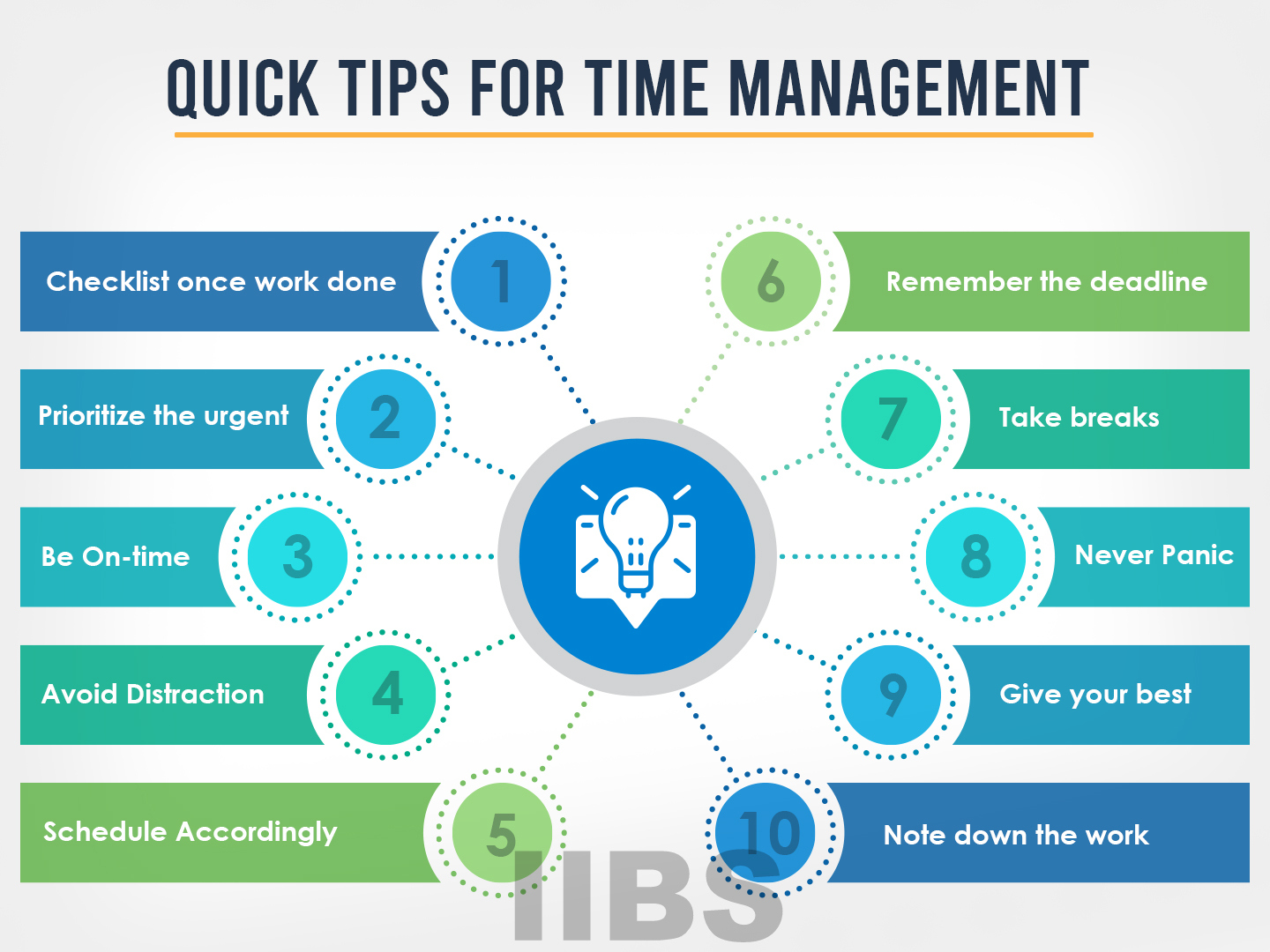Introduction: The transition from high school to college is a thrilling and challenging time for many students. Suddenly, you find yourself with increased freedom, a myriad of new responsibilities, and, of course, a demanding academic workload. Navigating this new terrain successfully requires a skill that is often underestimated but profoundly impactful: time management.
The Importance of Time Management in College: Time is a finite resource, and in college, it becomes even more precious. Balancing classes, assignments, social activities, and possibly a part-time job demands a strategic approach to time. Effective time management is not just about getting things done; it’s about achieving a balance that fosters both academic success and personal well-being.
Tips for Effective Time Management:
1. Prioritize Your Tasks: Not all tasks are created equal. Understanding the difference between urgent and important can help you prioritize effectively. Create a to-do list and categorize tasks based on deadlines and significance. This will help you focus on what truly matters.
2. Create a Realistic Schedule: While ambition is commendable, it’s crucial to set realistic expectations for your schedule. Overcommitting can lead to burnout and decreased overall productivity. Allocate time for classes, study sessions, breaks, and leisure activities to maintain a healthy balance.
3. Utilize Time Blocks: Segmenting your day into time blocks dedicated to specific tasks can enhance focus and efficiency. For example, designate a block for studying, another for attending classes, and a separate block for extracurricular activities. This structured approach can optimize your cognitive resources.
4. Learn to Say No: In college, you’ll encounter numerous opportunities for socializing, joining clubs, and participating in events. While these experiences are valuable, it’s essential to recognize your limits. Learn to say no when necessary to protect your time and energy for your academic priorities.
The Impact of Procrastination: Procrastination is a common pitfall that can sabotage your time management efforts. Understanding the root causes of procrastination, such as fear of failure or lack of motivation, is essential for overcoming this hurdle. Implementing strategies like the Pomodoro Technique or setting specific, achievable goals can help break down daunting tasks and mitigate procrastination.
Technology as a Time Management Tool: In the digital age, technology can either be a time-saving ally or a formidable distraction. Leverage productivity apps, calendars, and task management tools to streamline your schedule. Set reminders, establish study routines, and use technology to your advantage while being mindful of its potential pitfalls.
Balancing Academics and Personal Life: College isn’t just about acing exams; it’s also about personal growth and building lifelong skills. Balancing academics with personal interests, hobbies, and relationships is crucial for overall well-being. A holistic approach to time management involves setting aside time for self-care, relaxation, and pursuing passions outside the academic realm.
Seeking Support and Resources: If you find yourself struggling with time management, don’t hesitate to seek support. Many colleges offer workshops, counseling services, and academic resources dedicated to helping students enhance their organizational skills. Tapping into these resources can provide valuable insights and guidance tailored to your unique needs.
Conclusion: In the fast-paced world of college life, effective time management is the linchpin to academic success. By prioritizing tasks, creating realistic schedules, and leveraging technology, students can navigate the challenges of college life with confidence. Remember, it’s not just about managing time; it’s about investing it wisely to cultivate a fulfilling and successful college experience.






